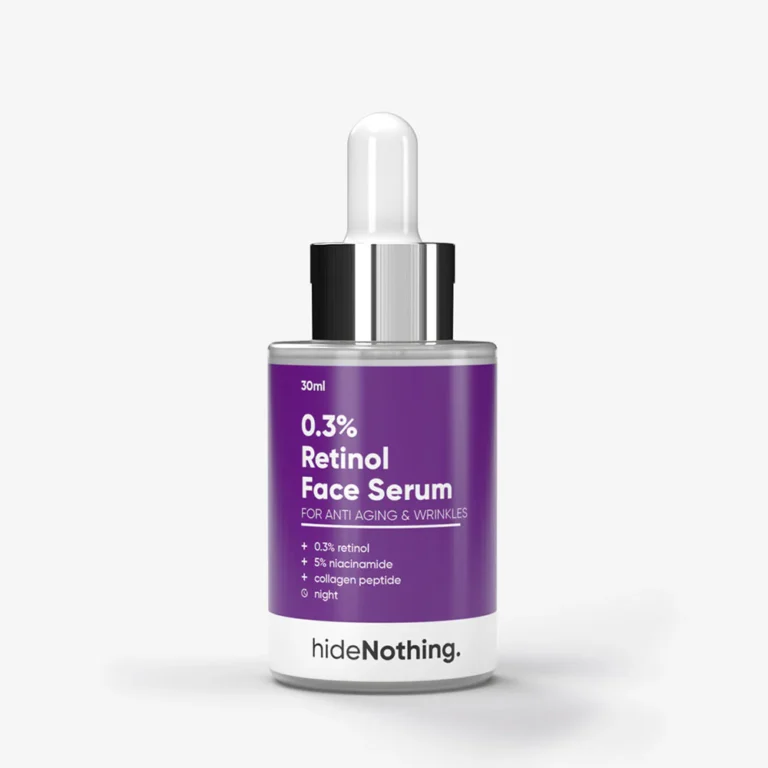How Does a Therapeutic Bath Improve Sleep Quality?
Getting a good night’s sleep is essential for overall health and well-being. However, in today’s fast-paced world, many people struggle with sleep disorders or simply have trouble winding down after a stressful day. One effective natural solution for improving sleep quality is taking a therapeutic bath before bed. This simple yet powerful practice leverages the soothing properties of warm water, aromatherapy, and hydrotherapy to relax the body and mind, preparing it for restful sleep. Let’s explore how a therapeutic bath can enhance sleep quality and why it’s worth incorporating into your nightly routine.
The Science Behind Warm Water and Sleep
The key to understanding how a therapeutic bath improves sleep lies in the body’s natural sleep mechanisms, particularly the role of body temperature. Our body temperature naturally fluctuates throughout the day, rising in the morning and gradually cooling down in the evening to signal the onset of sleep. Taking a therapeutic bath in warm water, typically between 37°C and 40°C (98°F to 104°F), helps raise the body’s core temperature temporarily.
After stepping out of the bath, the body rapidly cools down, which mimics the natural decline in body temperature that occurs before sleep. This cooling effect signals to the brain that it’s time to prepare for rest, making it easier to fall asleep. Incorporating a jacuzzi bath into your evening routine can further enhance this effect, as the warm water jets provide a gentle massaging action that relaxes muscles, reduces tension, and induces a sense of calm—key factors in promoting better sleep.
Muscle Relaxation and Physical Tension Relief

One of the major benefits of a therapeutic bath is its ability to relieve muscle tension and physical stress. After a long day, especially if you’ve been physically active or sitting for extended periods, your muscles may feel tight, sore, or stiff. This physical discomfort can make it harder to relax, resulting in difficulty falling asleep or experiencing restless sleep.
Soaking in warm water increases blood flow to the muscles, which helps relieve soreness and promotes relaxation. For people with chronic pain conditions like arthritis, fibromyalgia, or back pain, this can be especially beneficial. The buoyancy of the water also reduces the pressure on joints and muscles, further alleviating pain and discomfort. This deep relaxation of the muscles helps to prime the body for sleep, ensuring that you can drift off more easily and experience less tossing and turning throughout the night.
Reducing Stress and Calming the Mind
In addition to the physical benefits, a therapeutic bath also works wonders for mental and emotional relaxation. Stress and anxiety are among the most common causes of sleep disturbances, with racing thoughts or heightened cortisol levels preventing many people from falling asleep easily. A warm bath acts as a natural stress-reliever by calming the nervous system and lowering cortisol, the stress hormone.
The soothing sensation of warm water has been shown to promote the release of endorphins, often referred to as “feel-good” hormones. These hormones help counteract the effects of stress and anxiety, putting the mind in a more peaceful, relaxed state. Some therapeutic baths also incorporate elements of aromatherapy, with essential oils like lavender, chamomile, or eucalyptus added to the water. These scents are known for their calming properties, making it easier to quiet the mind and prepare for sleep.
By creating an atmosphere of relaxation and tranquility, a therapeutic bath helps ease the mental tension that often keeps people awake at night. This combination of physical and mental relaxation can lead to a more restful and uninterrupted sleep.
Promoting Better Sleep Patterns and Circadian Rhythm
One of the critical factors in achieving quality sleep is maintaining a healthy circadian rhythm, which is the body’s internal clock that regulates sleep-wake cycles. Disruptions in this natural rhythm, whether due to stress, irregular sleep schedules, or exposure to screens before bed, can significantly impact sleep quality. A therapeutic bath can help reset and regulate this cycle.
Taking a bath at the same time each evening establishes a consistent bedtime routine, signaling to your body that it’s time to wind down. This regular practice helps train your brain to associate the bath with relaxation and sleep preparation, which, over time, can enhance the quality of your sleep.
Additionally, the rise and fall in body temperature induced by a bath helps synchronize your circadian rhythm. This synchronization can lead to more regular sleep patterns, helping you fall asleep faster and wake up feeling more refreshed. For those who struggle with insomnia or irregular sleep patterns, this can make a significant difference.
Enhancing Sleep Quality with Hydrotherapy Features
Hydrotherapy, which involves the therapeutic use of water pressure and movement, can further enhance the sleep-promoting effects of a therapeutic bath. Many luxury bath options, such as spa tubs or jacuzzi baths, are equipped with water jets that provide a massaging effect. This hydrotherapy feature adds an extra layer of relaxation by targeting specific muscle groups and promoting deep tissue relaxation.
The gentle water pressure stimulates blood circulation, reduces muscle stiffness, and alleviates pain, all of which can contribute to better sleep quality. Some therapeutic baths also include adjustable jets that can be tailored to your specific preferences, allowing you to target areas of tension in the body for a more customized and effective experience.
Moreover, the rhythmic motion of the water can have a meditative effect, helping to calm the mind and reduce stress. By combining the benefits of warm water immersion with hydrotherapy, a therapeutic bath provides a holistic approach to improving sleep.
Incorporating a Therapeutic Bath into Your Nightly Routine
To maximize the sleep-enhancing benefits of a therapeutic bath, it’s important to make it a regular part of your nightly routine. Aim to take your bath approximately 60 to 90 minutes before bedtime, giving your body time to cool down and transition into sleep mode. Set the water temperature to a warm but comfortable level, and consider adding elements like bath salts or essential oils to enhance relaxation.
For those looking to take their bath experience to the next level, investing in a high-quality spa tub with hydrotherapy features can be a worthwhile option. These tubs, equipped with water jets and customizable settings, offer a more therapeutic experience that can help reduce muscle tension, relieve stress, and promote deeper, more restorative sleep.
Incorporating a therapeutic bath into your routine is a simple yet effective way to improve your sleep quality. By relaxing both the body and mind, regulating body temperature, and creating a calming environment, this nightly ritual can lead to better, more restful sleep, helping you wake up refreshed and energized for the day ahead.






